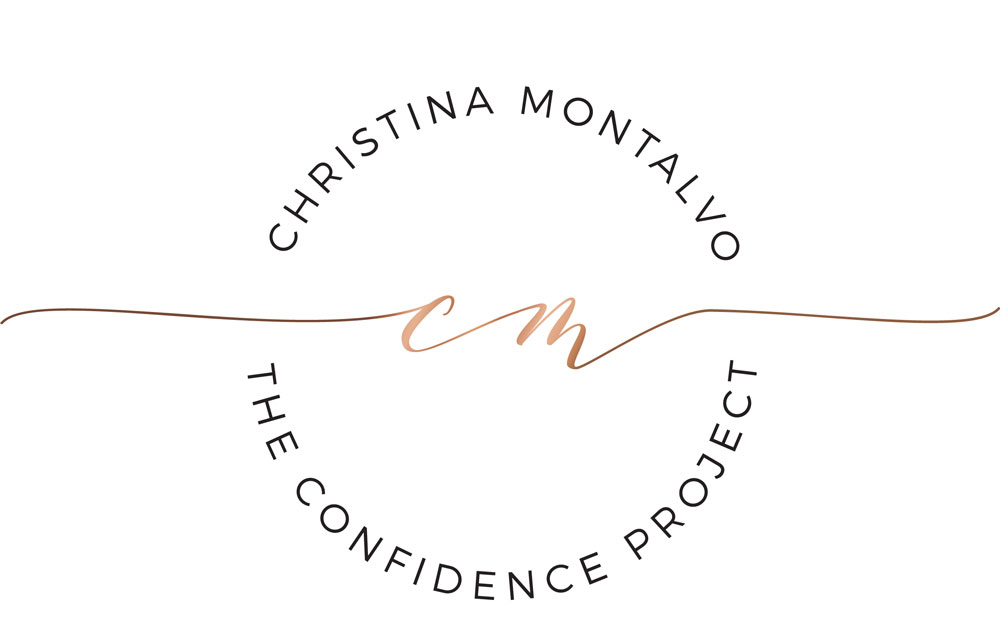Look at your scheduled, recurring time.
Now, question it.
→ Do your clients actually require this level of support, or are you recreating what someone else does? Does it work for you? Where did this structure of your offer/services come from?
Being a business owner requires ingenuity and innovation.
Regurgitating what you’ve seen time and time again, structuring your business model after “what everyone else is doing” isn’t business ownership- it’s monkey-see, monkey-do.
Things I see all the time:
→ 12 weeks programs. Why is it 12 weeks? Did you make that decision founded in data that suggests that your ideal client needs 12 weeks with you in order to succeed? Think critically about it. Is your offer curriculum based? If so, is your curriculum designed to be 12 weeks long? If you have a curriculum based offer, you should come up with each key learning component and let your offer be as long as it needs to be in order to deliver whatever needs to be delivered.
→ Weekly calls. Does your ideal client need/want a weekly call? What data are you looking at to suggest this is helpful and working for them?
→ Recurring scheduled sessions. Many, many fitness professionals come to me and say “my clients can train with me 1, 2, 3, or 4x per week.” My question is always: why? Where is the tried and true system? Who decides how often they train? Why are there so many options for them? Which frequency of training do you enjoy facilitating the most?
A tried and true system means that you, the professional, establish a system that works for your ideal client.
It can sound something like this:
“Clients meet with me 2x per week for 45 minutes each session. 2 additional sessions are programmed for each client and delivered via TrueCoach for you to do on your own.”
Instead, this is what happens:
“You can train with me 1x, 2x, 3x, or 4x per week! Which would you prefer? Oh, 4x is too expensive? How about 2x? Oh, that’s too expensive? How about 1x per week?”
Now any system we have is out the window. We have to cram what we do best into a box that doesn’t feel good for us. Running a business this way points to: fear of rejection and scarcity.
YES, accessibility matters- but if you know that you’re truly unable to help your clients by meeting them 1x per week, you’re wasting their money anyway, no?
Why are your clients in charge of deciding what they need? Do they know? Do they actually know? Before someone replies and says: “we must give our clients autonomy & choice!” Many (if not all) clients are looking TO YOU to help them decide what they need, because they don’t yet have the acquired skill of said autonomy within your zone of genius.
Consider:
→ In what ways am I trying to rescue my clients?
→ Am I facilitating co-dependency?
→ Am I actually impactful if I’m burnt out?
If there’s a system and a REASON that you decide a client needs to see you 2x per week, that’s a different story. But, get clear on the reason. It should be rooted in facts over feelings.
Example:
“The clients who see me 2x per week are seeing greater increases in strength than the clients who see me 1x per week. The clients who see me 4x each week make the most cancellations over the clients who see me 3x each week.”
Boom. Data. Now you can consider offering 2x or 3x per week sessions. This is YOUR system. This is YOUR business.
When I first met with my therapist years ago, she said:
“We’ll meet for your first session and we will see if you’d benefit from 1x/week sessions or 2x/month sessions.”
See the difference?
She’s positioning herself as the expert (she is) & is using data (my first session) to decide based on her professional assessment which option I’d benefit most from. TWO options. This or that. There wasn’t an option for me to request more or less than that- these are the two options.
Obviously, a therapy setting is different due to the red tape of insurance, confidentiality, etc. but the overall general point here still applies.
Remember: owning a business requires ingenuity and innovation.
Get curious:
→ what, if anything, can they do on their own?
→ what does cutting back on scheduled, recurring time do for me AND my clients?
→ How can I replace myself?
→ In what ways am I encouraging my clients to not step up to the plate for themselves?
→ Does this business structure attract my ideal clients?
→ What would a business structure look like if I worked only with my ideal clients?
→ In what ways can offering LESS actually yield MORE for my clients?
→ Am I building my business around my life? Or am I building my life around my business? Read: you’ll want to build your business around your life, not the other way around.


